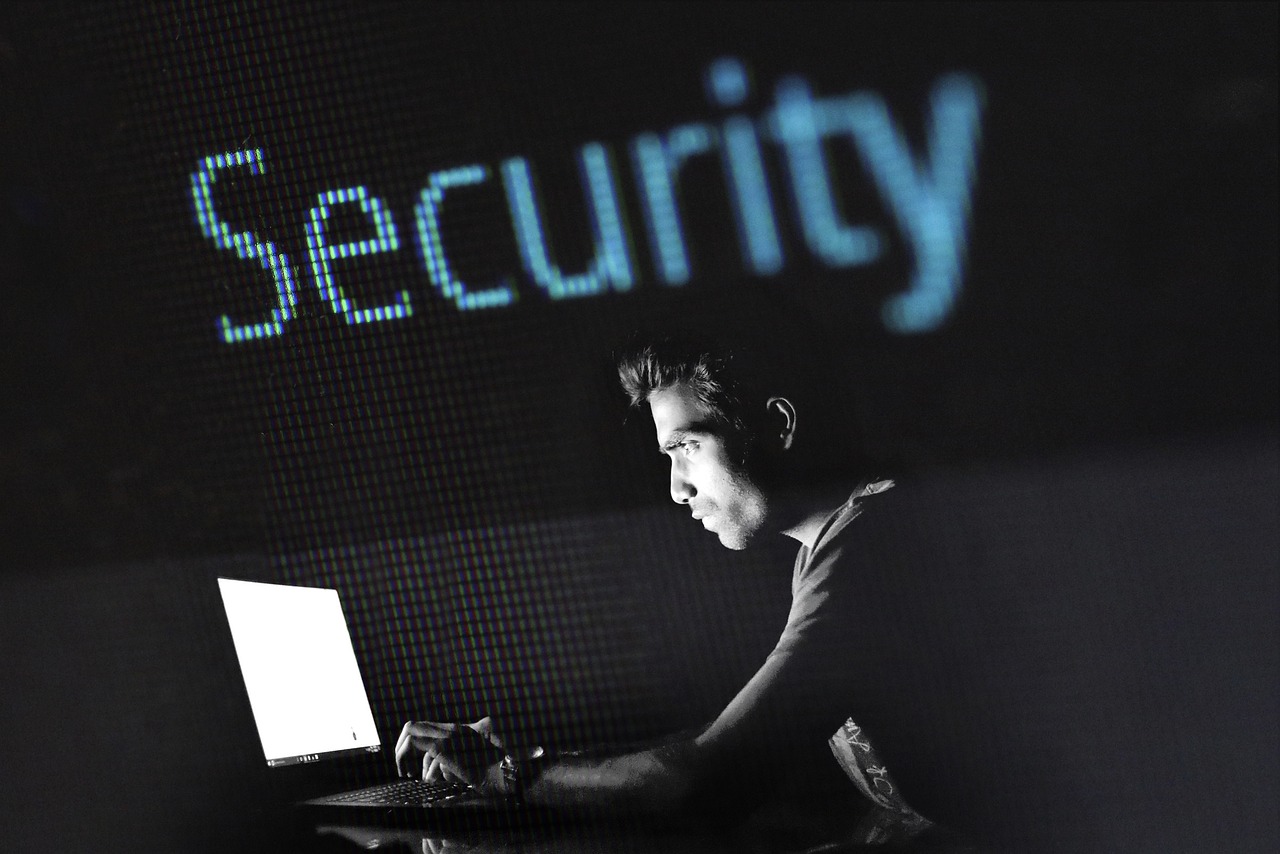
In a digital world where cyberattacks are constantly increasing, protecting company data is no longer an option, but a necessity. A security breach can result in financial losses, damage a company's reputation, and expose sensitive information. However, with good practices, it is possible to significantly reduce these risks and effectively secure your business.
The first step in ensuring data security is strengthened access protection. Using complex, unique passwords for each service is critical, as is enabling two-factor authentication (2FA), which adds an extra layer of security. These measures make it possible to avoid intrusions and to limit the risks in the event of a leak of identifiers.
But protection doesn't end with passwords. Equipment and networks must also be secured. An effective antivirus, coupled with a well-configured firewall, helps block potential threats. As for the corporate Wi-Fi network, it is essential to protect it with a strong password and to ensure that no unauthorized access can compromise the IT infrastructure.
Technology alone is not enough to guarantee optimal protection. The vigilance and training of employees play a key role in the prevention of incidents. A simple human error, such as opening a fraudulent email, can be enough to compromise an entire system. To limit these risks, it is recommended to regularly organize cybersecurity awareness sessions and to encourage teams to adopt good habits.
What is a computer security charter? It makes it possible to frame the uses and to establish clear rules on the access and management of data. Only authorized employees should be able to view sensitive information, and any use of external digital tools should be supervised to avoid potential breaches.
Since no protection is infallible, it is essential to provide solutions to limit the impact of a possible cyberattack. Backing up data regularly is an essential practice. Ideally, critical files should be stored on secure cloud solutions, while maintaining copies on external media. This approach ensures quick retrieval of information in the event of an incident.
Encrypting sensitive data is another effective barrier against attacks. Protecting critical files with advanced cryptography tools and using secure connections, such as a VPN for remote access, limits the risk of information being compromised.
Beyond technical solutions and training, some simple habits can make a difference in cybersecurity.
It is essential to never communicate your passwords to third parties, even internally, and not to write them down on media accessible to all, such as post-it notes stuck on the screen or in a visible notebook. Using a password manager is a secure alternative for storing this sensitive information.
When an employee leaves his desk, even for a short period of time, he must lock his computer in order to avoid any unauthorized consultation of his files. Likewise, when accessing business accounts on shared or public devices, it is imperative to log out after each use.
Finally, increased vigilance against phishing attempts is essential: never click on suspicious links in unsolicited emails, always check the sender of a message before replying to it, and report any fraudulent attempts to the IT security team.
Prevention is essential, but knowing how to react in the event of an attack is just as important. Proactive system monitoring makes it possible to quickly identify any anomalies and to intervene before a problem worsens. Analyzing activity logs, testing infrastructure security, and conducting regular audits are all measures that strengthen a company's resilience in the face of threats.
Finally, it is essential to establish a response plan in the event of an incident. Having a clear procedure in the event of a data leak or hack allows you to act quickly and minimize damage. Effective communication with customers and partners is also essential to reassure and restore trust.
Ensuring the security of a company's data requires a proactive approach and continuous awareness among teams. By combining best practices, adapted tools and constant vigilance, it is possible to reduce risks and effectively protect your business. To support entrepreneurs in this approach, Klark offers, through quality partners, solutions adapted to the challenges of cybersecurity.

Customer data, financial information, contracts, payment data, and all sensitive business documents.

Use strong passwords, two-factor authentication, systematize backups, and limit access to sensitive information.

VPN solutions, encrypted storage (secure cloud), password manager, and security monitoring tools.

Klark implements encryption protocols, regular backups, access permissions, and compliance with privacy standards such as the GDPR.